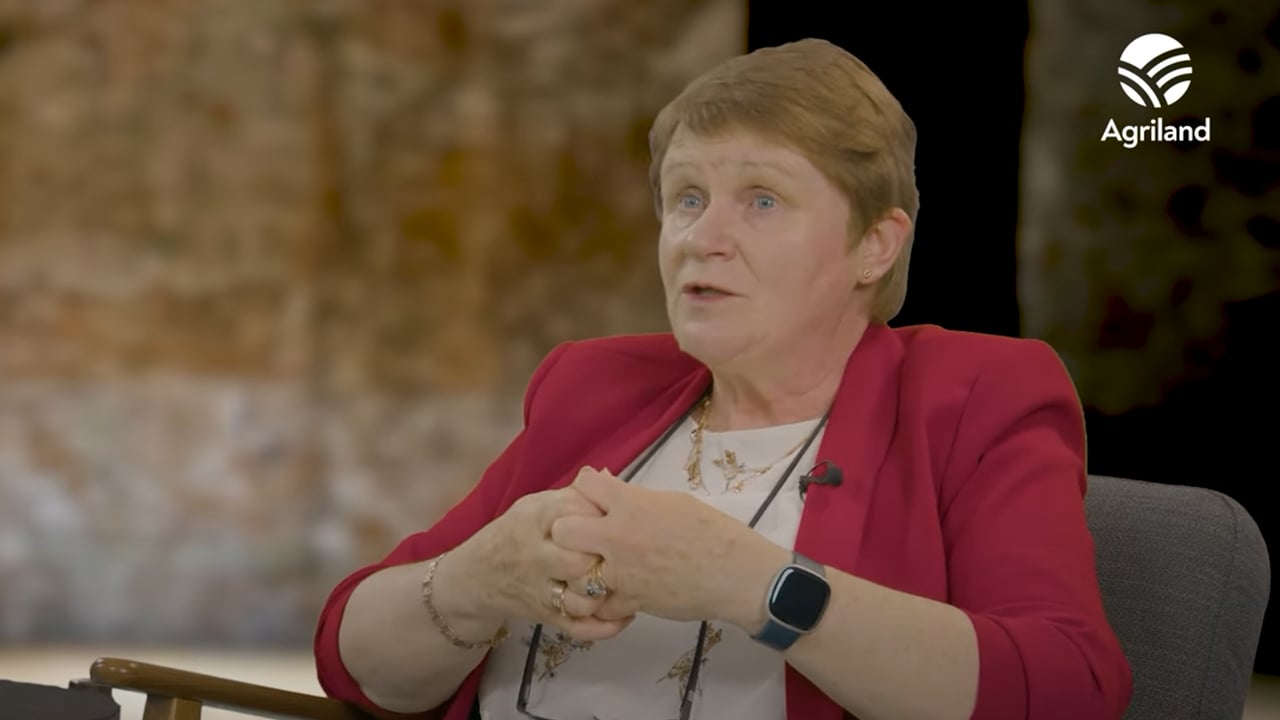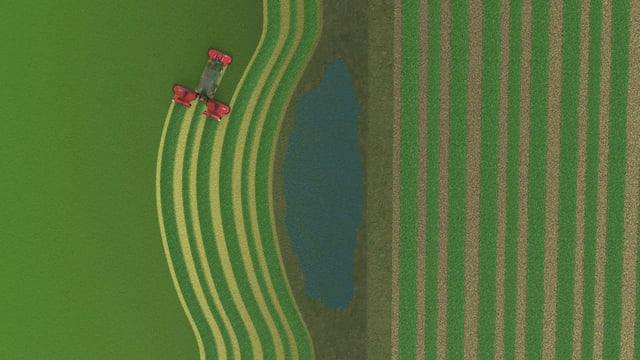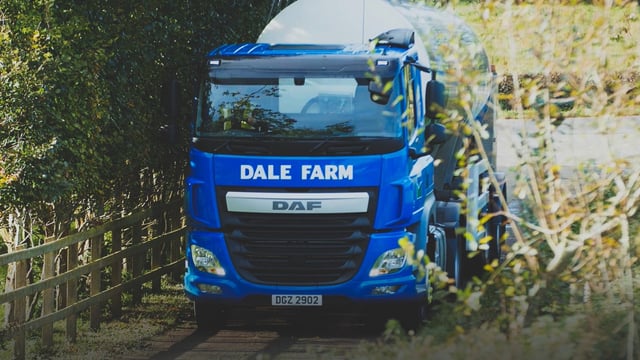Govt must 'lead a strong push' in Brussels for focus on food production
The government "will have to lead a strong push in Brussels" to focus the debate around food production, a farm organisation has said.
Securing a "workable" Nitrates Derogation along with a strong Common Agricultural Policy (CAP) must be major priorities for the government, the Irish Farmers' Association (IFA) is urging.
IFA deputy president Alice Doyle, speaking at the Virginia Show in Cavan today (Wednesday, August 20), said that farmers have "worked tirelessly to improve water quality and have adopted sustainability measures which will serve further improvements".
However, they "need to be provided with certainty, and most importantly clarity on retaining the nitrates derogation", Doyle said.
“The recent issue regarding the Habitats Directive has served to further frustrate and confuse farmers on the current position of our nitrates derogation.
“IFA made it clear to the minister last month that we need far more clarity on this aspect of the government’s plan, which farmers see as moving the goalposts."
Doyle said CAP "remains absolutely vital" to the future of Irish farming, and the proposed CAP reforms announced by the EU Commission last month "cannot be allowed to become reality".
Recent IFA analysis shows that in the counties of Cavan, Leitrim, Longford, Meath, Monaghan and Westmeath, CAP payments of €321m were received in 2024, "playing a pivotal role in the rural economy of the Ulster/North Leinster region".
“The government will have to lead a strong push in Brussels to focus the debate around food production and the two-pillar approach," Doyle added.
“Here at the Virginia Show, we see the importance of farming to the region with the best of what Irish agriculture has to offer being put on display.
"It is vital we are able to maintain this, and the formation of the next CAP is pivotal to being able to do so."
The deputy president said that the importance of food security is "not being grasped seriously by wider society".
"Farmers can see the risks, the next generation are not returning to farming, and that will continue to have a negative effect on food production and people are beginning to see the effects of falling output with rising prices," she concluded.





